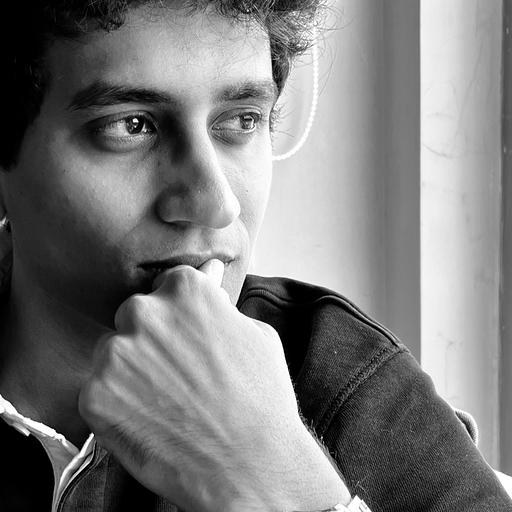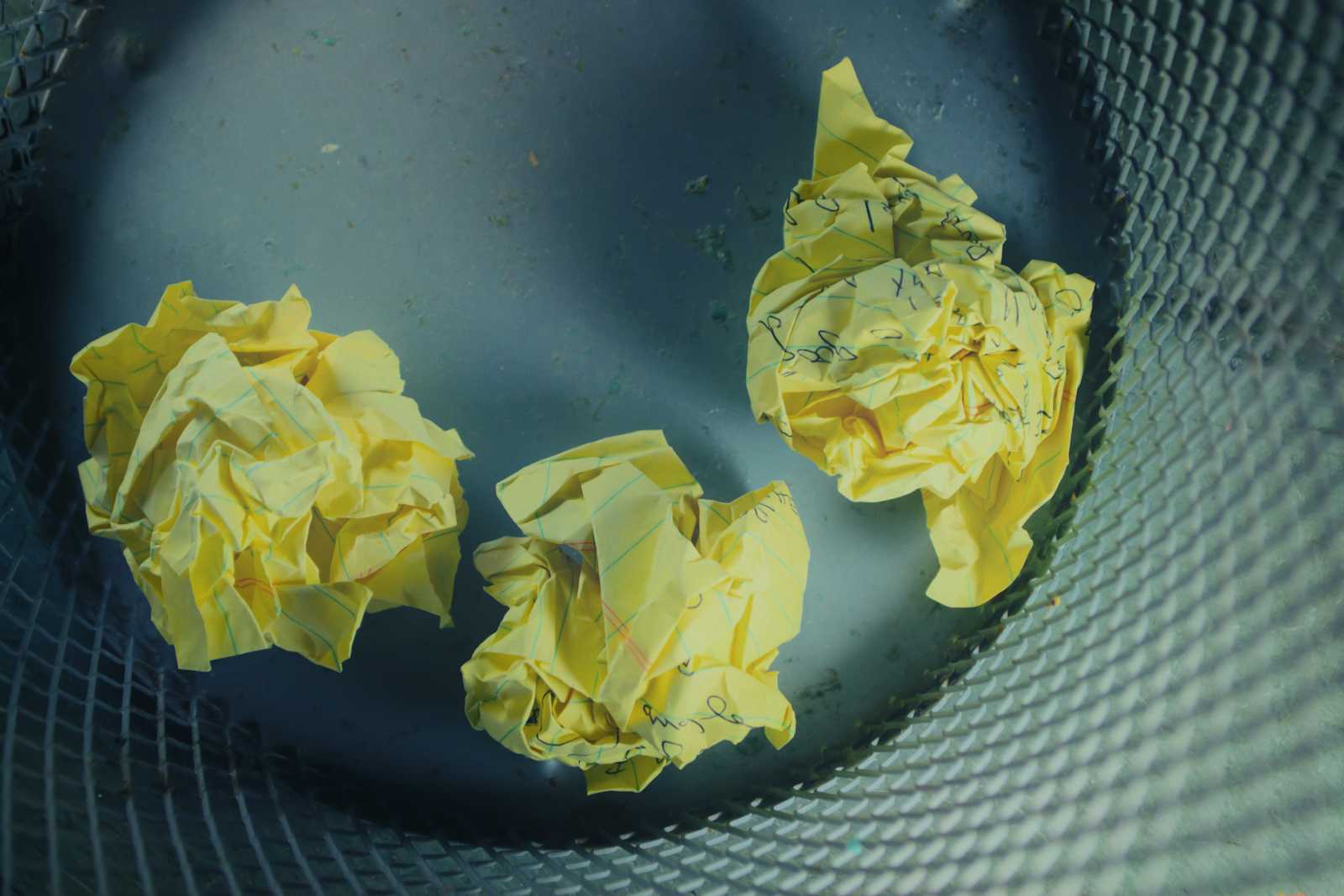Big Data, Big Junk
 Raahul Seshadri
Raahul Seshadri
"You must not waste food," I was told a lot as a picky eater. And it was not just about food wastage. We got lessons each time we forgot to switch off the fan, or accidentally kept the TV on, or scribbled something unimportant in our precious notebooks. But because of our misunderstanding of what constitutes waste, we've forgotten the art of throwing things away.
The word waste has two meanings.
(1) waste: The act of expending something carelessly, extravagantly, or to no purpose.
(2) waste: Unwanted or unusable material, substances, or by-products.
When we hear the word waste, usually the first definition above comes to mind. And we immediately go into "avoiding waste mode," sometimes to the detriment of hoarding stuff we don't really need. And the society drills this "anti-waste" lesson very covertly. For example, a parent can accuse a child of wasting food, without drawing attention to the fact that the parent also contributed to the wastage by knowingly giving the child food that she hated.
However, the rest of the article is going to be about the second definition above. The unwanted or unusable things that we should definitely get rid of.
I'm not a productivity buff, but I am happier when I'm doing a lot of things. Doesn't matter if it's reading books, writing an intricate piece of software, or figure out the source code of DuckDB. Today, as I was re-reading David Allen's Getting Things Done®, I saw a phrase:
"Some executives I have coached have found it extremely useful to arrange for a large trash bin to be parked immediately outside their offices the day we work together!"
The bigger context above is that as you organise and write ideas on pieces of paper, there's a lot that you'll throw away because they didn't pan out. As I read that line, however, it occurred to me that an under-appreciated art is that of throwing unwanted things away.
For example, as a programmer, I know that many novices initially learn to "not waste code." They don't want to write something that they will have to rewrite. They focus heavily on getting the specs right, not chasing a moving goal post, and the likes. We all like "agile," but only as long as the development is incremental rather than iterative (they both are not the same thing).
Experienced programmers, however, do plenty of proofs-of-concepts with throwaway code to clarify a problem and experiment with new ideas. Once you obtain new understanding, you usually don't need original notes or apparatus in order to "keep that understanding." They might come in handy when you're communicating with someone else, but we're not going there.
Only in school do you need to show your work. In the real-world, you just need to show that it works, and how you got there usually is far more amorphous than a typical school-grade math problem.
In short, we tend to not throw away things that we should, assuming that it is the "unethical kind of wastage."
Technology appears to solve the waste management problem, but all it does is make it easier for us to hoard. We no longer have to make that judgement between important vs. unimportant, or necessary vs. unnecessary. We just keep them all.
For example, in the early days, emails had limited space. You had to delete stuff if you wanted to clear up space for new emails. The same was with SMSes and contact lists on our cell phones. In many cases, if you were into sales for example, the inbuilt capacity was not enough. And you found such people with organisers to keep track of people they've met, their history, etc.
However, ever since Gmail started offering a 1GB storage (and at the time, "ever increasing"), the necessity to go back and delete emails went down drastically. There is a difference between keeping something important for long-term, and avoiding "clearing up the waste basket because the basket is so big."
In this data-hungry world, we hoard things as much as possible, because "who knows when something might come in handy?" What goes for a toss is our judgement of what's useful and what's not.
We're so artful about finding shiny new things, that we forgot the art of throwing away the unwanted. And without the crucial skill to judge the importance of something, we won't recognise gold even if we see it, and we'd think a piece of copper is a 105 carat diamond. Quantity cannot solve quality.
To be more relaxed, throw unwanted things away. Maybe it's your unwanted inventory that's been keeping you from achieving what you truly want.
Subscribe to my newsletter
Read articles from Raahul Seshadri directly inside your inbox. Subscribe to the newsletter, and don't miss out.
Written by

Raahul Seshadri
Raahul Seshadri
I'm a technologist who likes dabbling in everything. I like architecting resilient systems, writing beautiful code, learning obscure languages, and having at least 5 IDEs installed on any of my computers. I would have loved to debate Windows vs. Mac vs. Linux, but in truth, I use all the 3 and love the fact that there is so many options in tech. I'm an undergrad in Electronics & Telecommunications Engineering, and have a Master's from GeorgiaTech in Computer Science, specialising in Machine Learning.